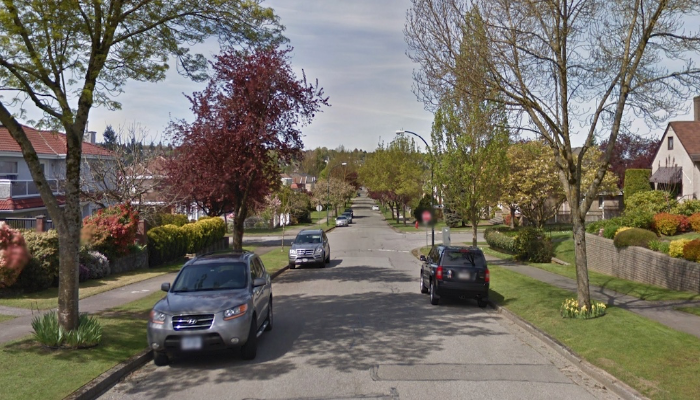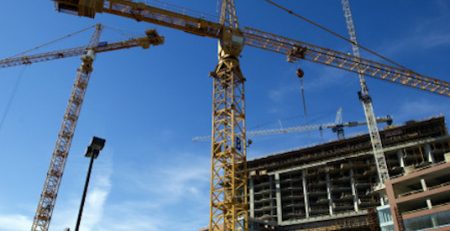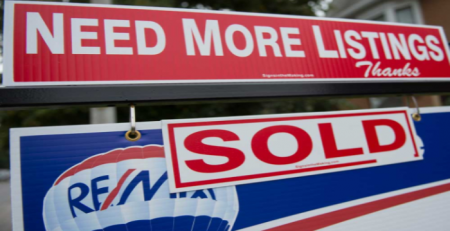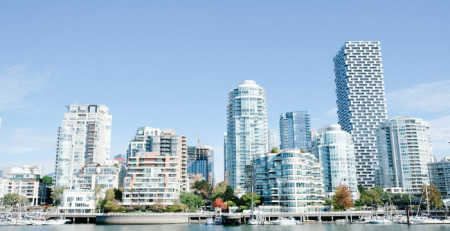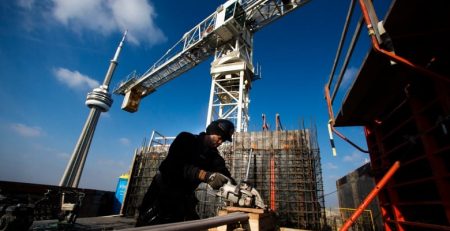Vancouver City Council approves planning for mandatory parking permits for all residential streets
[Daily Hive – November 18, 2020]
Vancouver City Council has decided to set forth on a strategy to implement mandatory parking permits on all residential streets across the city, with vehicle owners charged based on the carbon intensity and age of the vehicle.
This was one of the strategies outlined by city staff’s Climate Emergency Action Plan (CEAP), which had over 30 strategies individually voted on by city council on Tuesday evening.
For the strategy of expanding the mandatory parking permits citywide, city council voted 6-3 in favour, with NPA councillors Melissa De Genova, Lisa Dominato, and Colleen Hardwick opposed, and Green Party councillor Michael Wiebe declaring conflict of interest.
“Vancouver is known for being unaffordable and tangled in red tape, we need to cut it — not add more,” De Genova told Daily Hive Urbanized.
“Citywide residential parking permits add another layer of bureaucracy and create barriers, such as eliminating parking for renters, home care workers and some child care workers. During a pandemic people expect us to help them when they are down, not hit them with news of more restrictions and fees.”
With city council’s approval, there is now direction for city staff to conduct further planning and report back in 2021 with options for implementation.
The first phase is to launch the changes as early as 2021 as a “low-cost permit parking system” for all neighbourhoods, with the rollout to consider permit cost based on factors such as vehicle age, vehicle cost/and or emissions, supply and demand of spaces, household income, and whether it is a first or second permit for the household. Other considerations include times that permits will be required and visitor parking needs.
The second phase will be a transition to a market-based system between 2023 and 2025, where the price of a permit fluctuates based on curbside parking supply, such as parking spaces removed to provide more green space and the change in demand from a newly constructed residential building.

